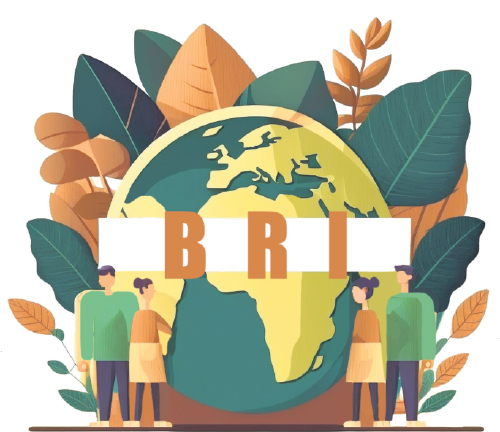Belt and Road a boon for Global South members
By Adnan Akfirat | China Daily | Updated: 2023-10-18 07:29

The institutions that constitute the backbone of the current, West-led international system are waning in power as multipolarity takes hold in the world.
"Rebuilding trust and reigniting global solidarity: Accelerating action towards the 2030 Sustainable Development Goals to ensure peace, prosperity, progress, and sustainability for all" was the overarching theme of the 78th UN General Assembly.
Announced in September 2015, the United Nations 2030 Agenda for Sustainable Development comprises 17 goals and a 15-year road map to, among others, end poverty, eradicate inequality and injustice, and mitigate climate change by 2030.
Unfortunately, with just over six years to the 2030 deadline, there has been no significant progress on the road map. In fact, it was clear from the outset that the 17 goals might remain on paper, because the UN alone cannot eradicate inequality and injustice and realize the aspirations of humanity.
Also, many member states today see the UN as a "dysfunctional organization". Rebuilding the UN according to its founding charter is a task that humankind cannot postpone.
The G20 Summit, incidentally, was held just before the UN General Assembly session. The theme of the summit, held in New Delhi on Sept 9-10, was similar to that of the UN General Assembly.
According to data from the Organization for Economic Co-operation and Development, the G20 member states together account for about 85 percent of global GDP, 75 percent of world trade, and two-thirds of the world's population.
The G20 claims to "bring advanced and emerging economies around the same table", and "its core agenda is to achieve strong, sustainable and balanced global growth and create quality jobs". But, in reality, the G7 countries, which account for 30 percent of global GDP, use the G20 platform to keep the middle-sized states of the Global South in check.
At UN meetings, speeches are made about "eradicating hunger and poverty, sustainable development". At the G20 meetings, similar announcements are made amid the crocodile tears of the G7 countries, the source of all the problems.
Amid all this, a completely different platform for international cooperation, which has proven its mettle in just 10 years, is holding the third Belt and Road Forum for International Cooperation in Beijing on Tuesday and Wednesday.
From 2013 to 2022, the cumulative value of imports and exports between China and BRI partner countries reached $19.1 trillion, with an average annual growth rate of 6.4 percent. The cumulative two-way investment between China and partner countries reached $380 billion, including $240 billion from China.
According to the World Bank, if all the Belt and Road transportation infrastructure projects are built and become operational by 2030, global real income could increase by between 0.7 percent and 2.9 percent, lifting 7.6 million people out of extreme poverty and 32 million out of moderate poverty.
At a time when developing countries, struggling against the destructive effects of the neoliberal globalization system, are demanding the establishment of a more just international order, the Belt and Road Initiative, accordingly, has been promoting peace, cooperation, and common development despite the imperialist policies that aggravate conflicts between countries and provoke wars.
The initiative's principle of "sharing" is new to bilateral and multilateral partnerships. The initiative promotes cooperation on the basis of equality, mutual benefit and shared development, making mutual use of the strengths of nation states. The Belt and Road Initiative, led by developing countries, is paving the way for a new global society based on sharing, solidarity, and harmony between humans and nature.
Many leaders of the Global South, including the presidents of Serbia and Argentina, are attending the forum. Given the opportunities and possibilities it offers, the Belt and Road Initiative can help Turkiye to revive its slowing economy, and provide it with a unique cooperation platform to realize its interests in the international arena.
The author is chairman of the Turkish-Chinese Business Development and Friendship Association.
The views don't necessarily reflect those of China Daily.
























